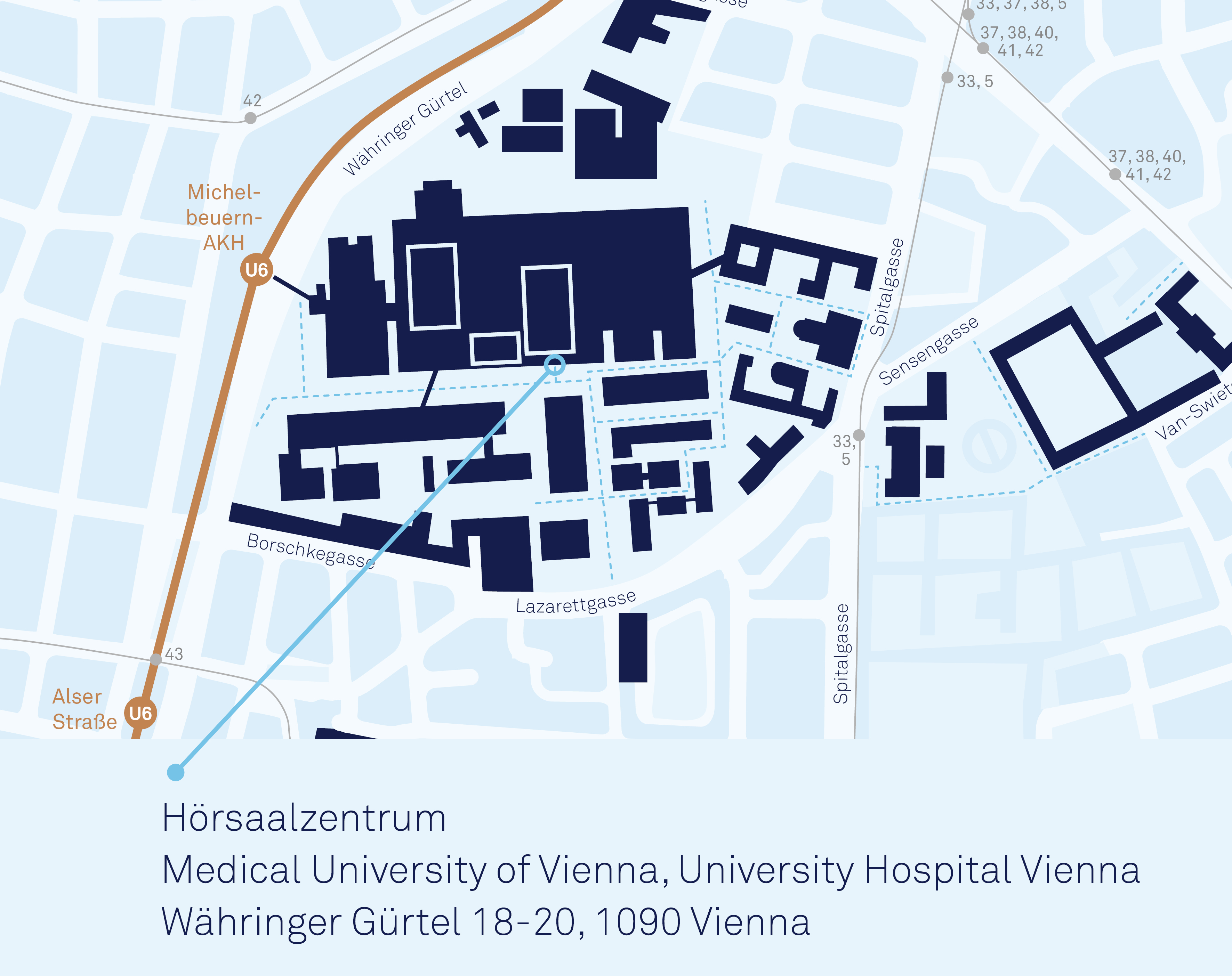Human beings choose their friends, and often their neighbors and co-workers, and we inherit our relatives; and each of the people to whom we are connected also does the same, such that, in the end, we assemble ourselves into large-scale, face-to-face social networks.
Host: Stefan Thurner (MedUni Wien and Complexity Science Hub)

Why do we do this? And how might a deep understanding of human social network structure and function be used to intervene in the world to make it better?
Here, Nicholas Christakis reviews research from his lab describing three classes of interventions involving both offline and online networks that can help make the world better:
- interventions that rewire the connections between people;
- interventions that manipulate social contagion, facilitating the flow of diverse phenomena within groups; and
- interventions that manipulate the position of people within network structures.
He illustrates what can be done using a variety of experiments in settings as diverse as fostering cooperation or innovation in networked groups online to fostering widescale behavior change in developing world villages and other settings.
He also discusses experiments with “hybrid systems” comprised of humans and simple artificial intelligence (AI) agents interacting in small groups. Overall, by taking account of people's structural embeddedness in social networks, and by understanding social influence, it is possible to intervene in populations to enhance desirable properties as diverse as health, wealth, cooperation, coordination, and learning.
Note: Nicholas Christakis will give a guest lecture at MedUni as part of his visit to the Complexity Science Hub. The lecture is in English.
Nicholas A. Christakis, MD, PhD, MPH, is the Sterling Professor of Social and Natural Science at Yale University. He directs the Human Nature Lab and is the Co-Director of the Yale Institute for Network Science.
Christakis began his career in 1995 at the University of Chicago, where he taught as a professor of sociology and medicine. From 2001, he continued his work at Harvard University before becoming a professor at Yale University in 2013. In 2009, Time Magazine named him one of the 100 most influential people in the world. In the same year, he published the bestseller Connected and a year later, in 2010, he gave a TED Talk on the hidden influence of social networks. In 2024, he was elected to the National Academy of Sciences.
Registration
Please register using the form below.
Contact
Corporate Communications
pr@meduniwien.ac.at
P: +43 (0)1 40160 - 11502
